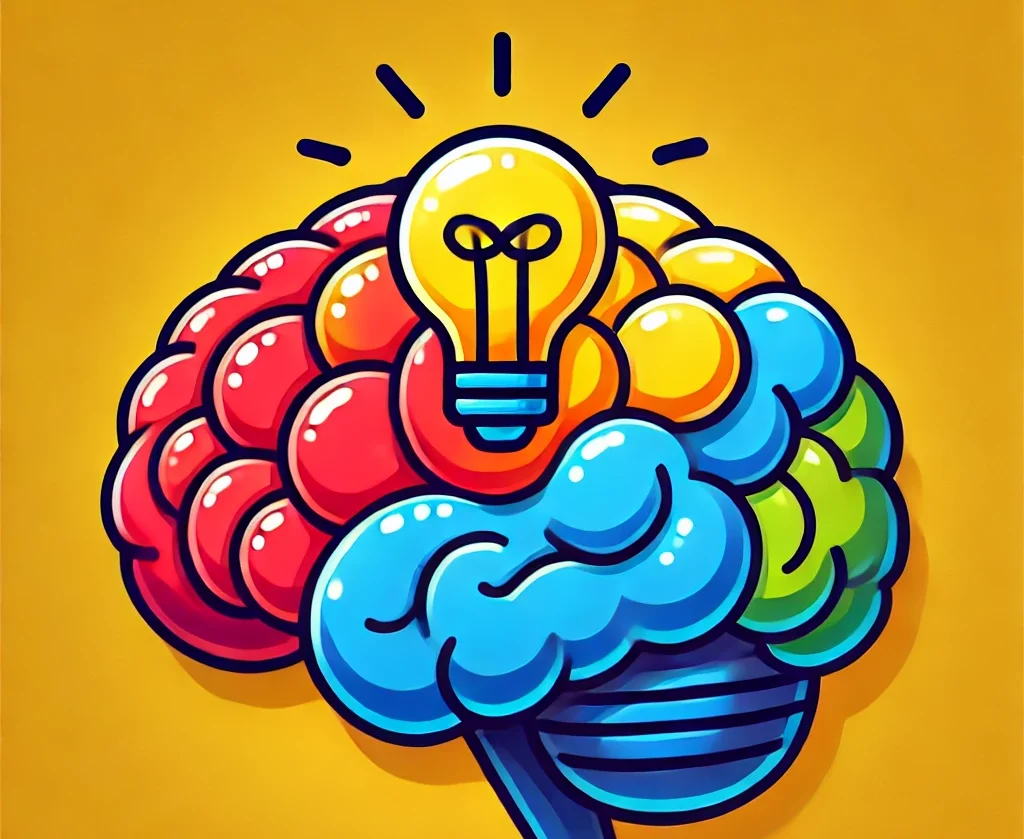The Impact of Reading on Children’s Brain Development

Reading plays a crucial role in a child’s brain development, influencing their cognitive, emotional, and social growth. The early exposure to books and stories helps shape a child’s brain, laying the foundation for language skills, critical thinking, and imagination. Here’s how reading contributes to children’s brain development:
1. Language Development
Reading to children from a young age enhances their vocabulary, comprehension, and overall language skills. When children are exposed to the rhythm and flow of language through stories, their brains create neural connections that help them recognize words, understand syntax, and develop the ability to speak and write.
– Vocabulary Growth: The more words a child hears, the more their vocabulary expands. Picture books often introduce children to a wider range of words than daily conversations, enriching their linguistic repertoire.
– Comprehension: Reading allows children to hear how words and sentences are structured, improving their ability to understand and process information.
2. Cognitive Development
Reading stimulates a child’s brain, promoting critical thinking and problem-solving abilities. Stories often introduce children to complex ideas, cause-and-effect relationships, and different perspectives, which help develop cognitive functions.
– Memory and Focus: Following a storyline helps children improve their attention span and memory. Remembering characters, plot details, and sequencing events requires mental focus and strengthens memory retention.
– Abstract Thinking: Reading encourages children to think beyond the immediate and consider abstract concepts like morality, emotions, and imagination. For example, a child can empathize with characters and understand different scenarios, even if they haven’t experienced them firsthand.
3. Emotional Development
Books often introduce children to a wide range of emotions, helping them understand and express their feelings. Reading stories with emotional depth can help children develop empathy, self-awareness, and emotional intelligence.
– Empathy: When children connect with characters in a story, they begin to understand how others might feel in different situations. This empathetic connection fosters social skills and emotional understanding.
– Self-Regulation: Reading can help children learn how to manage emotions. Stories often present characters who face challenges and solve problems, modeling healthy ways to deal with difficult emotions.
4. Social Development
Reading with others, whether it’s a parent, teacher, or peer, can create a shared experience that fosters social bonds and communication skills.
– Bonding: Reading aloud to children creates a bonding experience between the reader and the child, enhancing the child’s sense of security and attachment.
– Social Skills: Through stories, children learn about social norms, relationships, and how to interact with others. Books often depict characters navigating friendships, family dynamics, and teamwork, offering children lessons in social interaction.
5. Imagination and Creativity
Reading ignites a child’s imagination, encouraging creative thinking and innovation. Books allow children to explore new worlds, meet fantastical creatures, and imagine possibilities beyond their everyday experiences.
– Imaginative Play: Exposure to diverse stories fuels imaginative play, which is essential for cognitive development and problem-solving skills. Children often recreate stories in their play, blending reality with fiction.
– Creative Problem Solving: By engaging with different storylines, children learn to think creatively and consider multiple solutions to problems.
6. Neuroscientific Evidence
Neuroscience supports the idea that reading significantly impacts brain development. Research has shown that reading activates multiple regions of the brain, particularly those involved in visual processing, language, and associative learning. Studies using brain imaging have demonstrated that reading strengthens the brain’s white matter, which improves communication between different parts of the brain.
– Brain Connectivity: When children read or are read to, their brains create stronger neural pathways, particularly in areas associated with language and comprehension. This increased brain connectivity supports overall cognitive development.
– Long-Term Benefits: The effects of reading during early childhood have long-term benefits. Children who are exposed to books and reading at a young age often perform better academically, exhibit greater emotional resilience, and show enhanced social skills as they grow older.
Conclusion
Reading is a powerful tool that nurtures a child’s brain development, influencing language, cognition, emotion, social skills, and imagination. By making reading a regular part of a child’s life, parents and educators can help foster a lifelong love of learning and set the stage for healthy mental, emotional, and social development. Early and consistent exposure to reading has the potential to unlock a child’s full intellectual and creative potential, shaping their future success and well-being.



